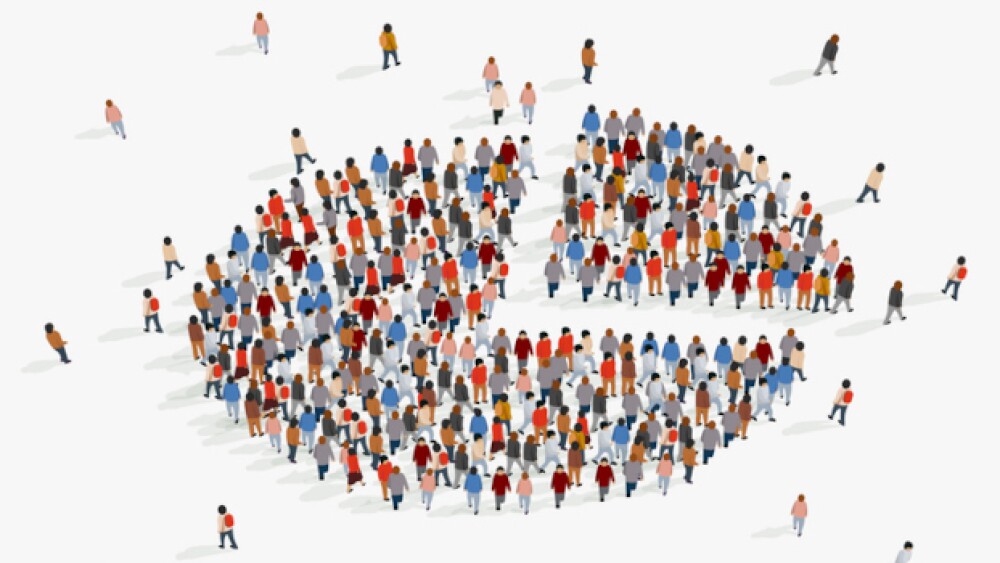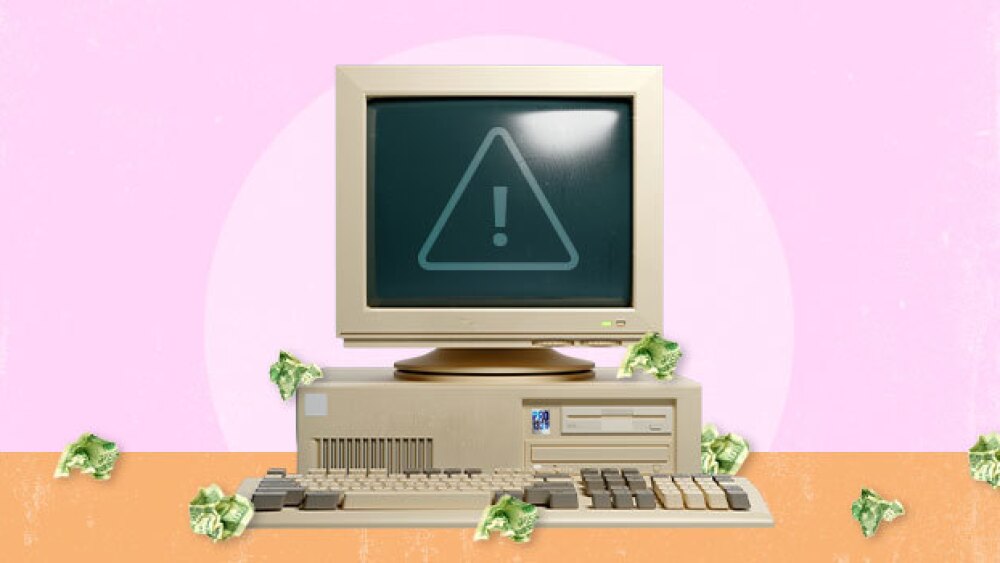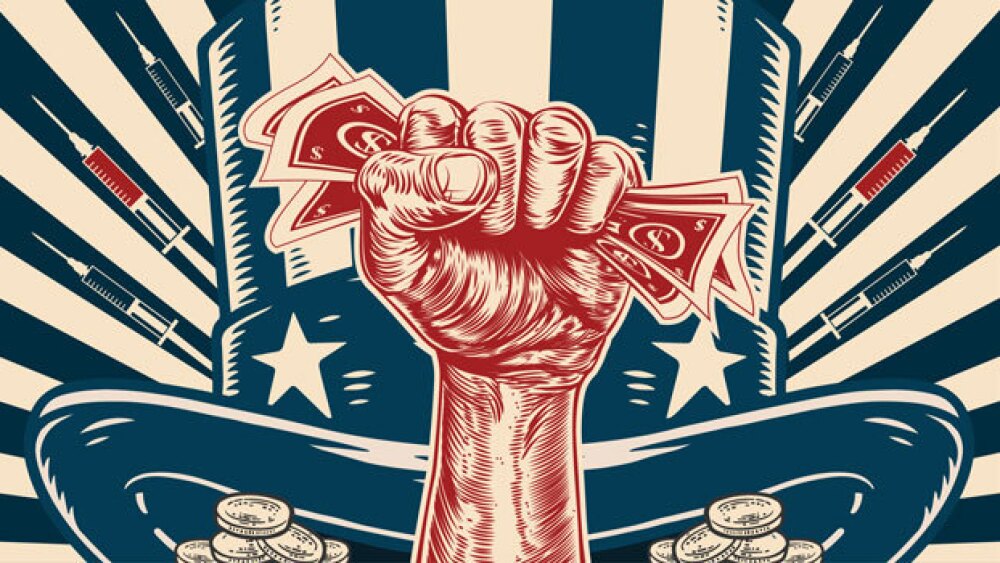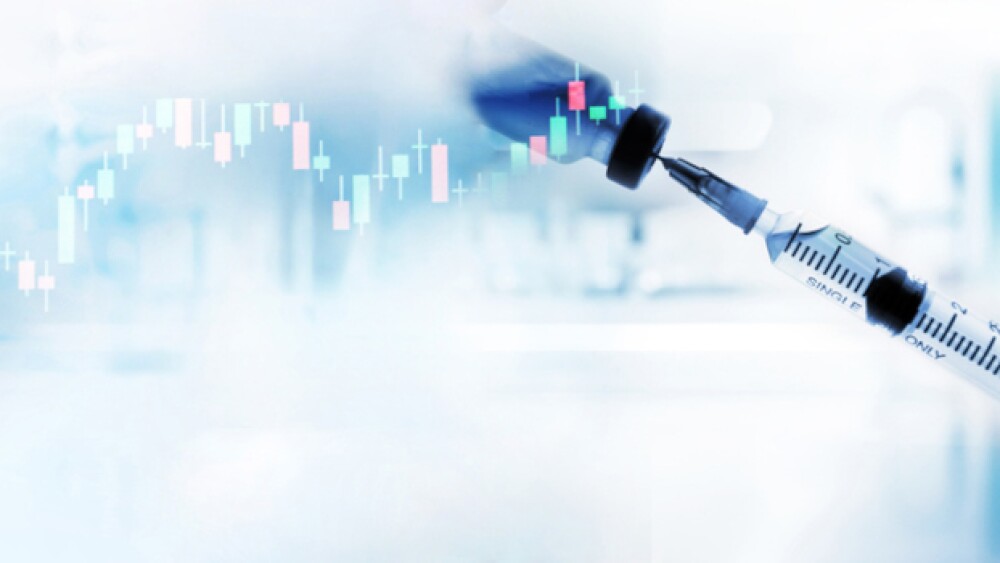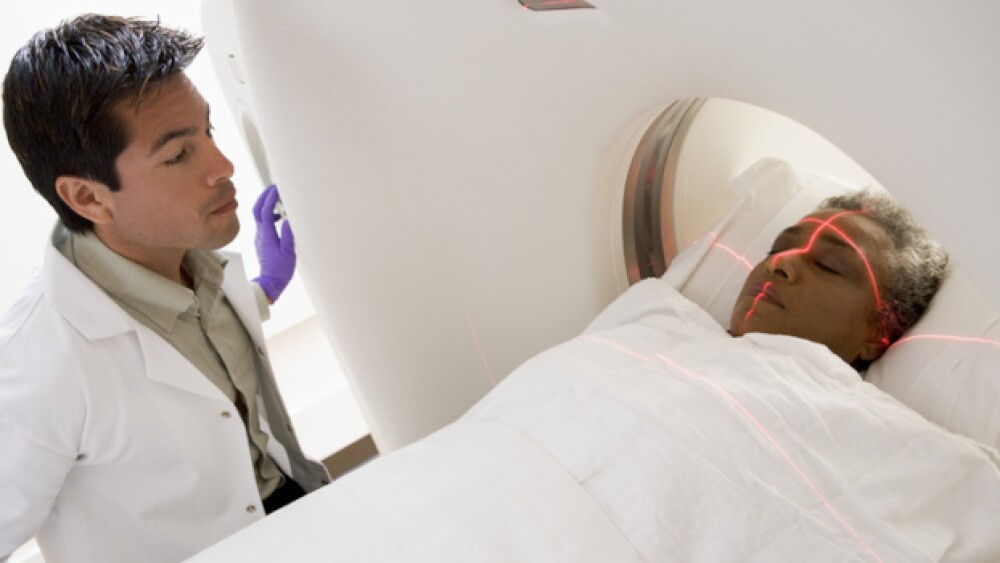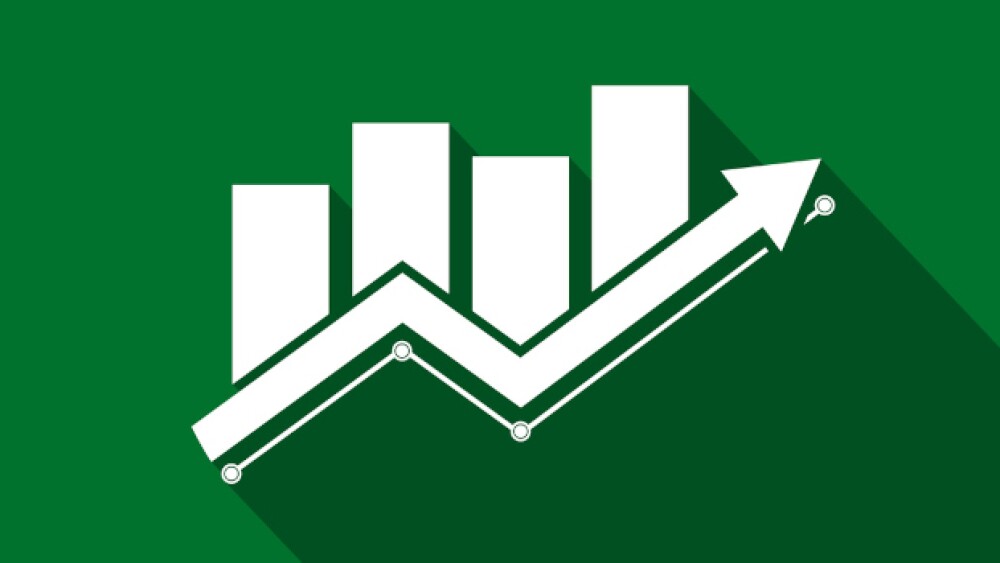Patience Asanga is a Nigeria-based science writer. She has a BSc in animal and environmental biology from the University of Benin, Nigeria. Patience enjoys writing about various topics across the life sciences, especially cell biology and immunology. She also covers the biopharmaceutical industry. Her work has appeared in Knowable Magazine, The Scientist, Scidev, BioSpace and Live Science.
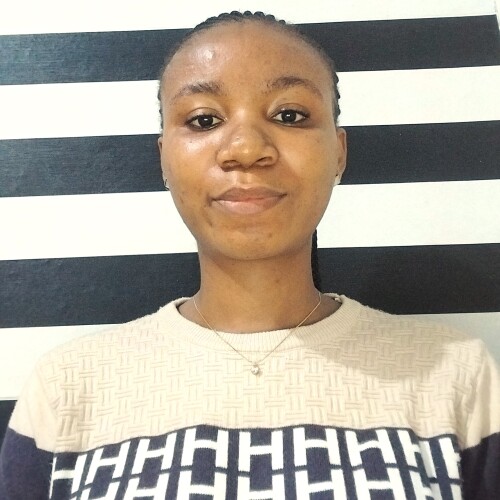
Patience Asanga
Freelance writer


